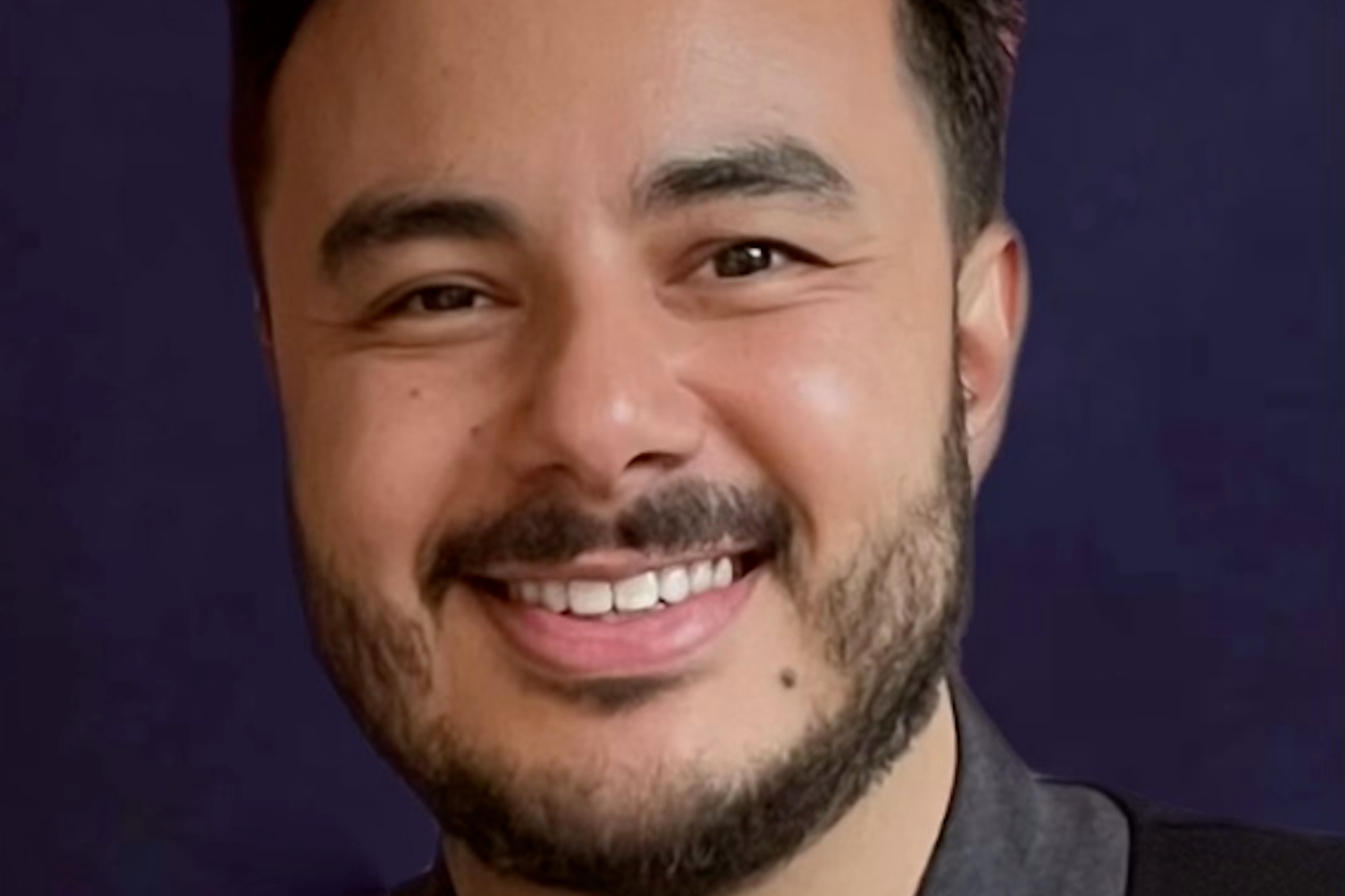Where Famous Tech Founders Went to College (Infographic) Whether they dropped out or stuck it out, going to college more than paid off for today's top tech startup billionaires -- higher ed skeptic and Stanford alum Peter Thiel included.
Opinions expressed by Entrepreneur contributors are their own.
Peter Thiel take note: The high-tech entrepreneurial dream is still alive and well in the Ivory Tower. Our nation's top colleges and universities aren't distractions from smash-hit startup endeavors. Many are the birthplace of them, and the Ivy League -- no surprise here -- is no exception.
Related: For the Startup-Minded, Debating the Pros and Cons of College
Famous billionaire college dropouts like Microsoft's Bill Gates (Harvard), Facebook's Mark Zuckerberg (Harvard) and WhatsApp's Jan Koum (San Jose State University) are anomalies in the startup realm. Most successful startup founders, plenty of billionaires among them, boast something these bigwigs don't -- a bachelor's degree.
From Berkeley to Cambridge, higher ed institutions continue to sharpen the minds of the best and brightest (and richest) in the tech startup world. Many offer degrees, courses and programs designed to cultivate entrepreneurship, innovation and the indie startup spirit.
Related: College Is Worth the Price. Just Not This Price.
Stanford University -- the alma mater of Netflix's Reed Hastings, Snapchat's Evan Spiegel and Google's Larry Page -- offers StartX, a startup incubator, and the Business Association of Stanford Entrepreneurial Students (BASES). The Massachusetts Institute of Technology has Global Startup Labs and extends a host of electives focused on tech entrepreneurship. Not far from MIT, Harvard University's Innovation Lab (i-lab) helps students expand their entrepreneurial ventures at any stage of development across a variety of disciplines.
Which of America's colleges attract the most venture capital? Which are turning out the most successful entrepreneurs? Which breed the hottest tech startups? Find out in the infographic below, care of our friends at WhoIsHostingThis:











